Why Listening To Others Requires A Genuine Desire To Understand
There’s a difference, though, between letting someone explain their point of view while you listen intently – asking the right questions, interjecting in the right moments to keep the dialogue going – and actually setting out to learn from them.
This is the lesson I’ve learned over the years when talking to friends and colleagues about all manner of topics: wars on foreign soil, global warming, hunger, HIV education, joblessness.
When I listen to someone who thinks they have all the answers with the filter of having my mind made up, everything beyond the polite acknowledgment of their differing view goes in one ear and out the other.
Sure, I’ve given them a hearing…let them express their viewpoint…haven’t shouted them down.
But what have I learned?
What if I leave the door open to the possibility that someone who disagrees with me has knowledge to share? Knowledge that can broaden my understanding of issues that weigh on a certain segment of our society?
What if their opposing view has a basis in fact that will help to inform me about the gaps in my understanding of issues that polarize some and embrace others?
Listening to others requires letting go of what you think you know
During the 2008 election – when we were all being encouraged to embrace hope – a dear friend of mine recommended reading Pema Chödrön’s writings. I was feeling hopeless like my social justice issues were being drowned out…When you’re listening to others, do you listen with the intent to respond…
…or intent to understand?
There’s an important distinction.
Listening with the intent to understand is vital when I’m advocating for social justice.
We all like to think we’re attentive, that we’re good listeners…that we’re ‘present’ in the moment.
However, as Frances Kendall would say, it can be difficult to listen to people as though they’re wise.
And all too often, we don’t…
Leaving doors open, and other listening techniques
If you’ve put any effort into being a better leader, you’ve probably come across ‘active listening’ as a technique that leads to better
I started with When Things Fall Apart.
I read about the importance of hopelessness. Then, as now, social justice issues rose to the surface, and a year later, after I’d let the lessons from that book settle, I moved onto The Places That Scare You.
Chödrön included a story that illuminated the power of listening, the ever-present sense of being stuck in my own social justice work…and the power of self-reflection.
A man’s only son was reported dead in battle. Inconsolable, the father locked himself in his house for three weeks, refusing all support and kindness.
In the fourth week the son returned home. Seeing that he was not dead, the people of the village were moved to tears. Overjoyed, they accompanied the young man to his father’s house and knocked on the door.
“Father,” called the son, “I have returned.” But the old man refused to answer.
“Your son is here, he was not killed,” called the people. But the old man would not come to the door. “Go away and leave me to grieve!” he screamed.
“I know my son is gone forever and you cannot deceive me with your lies.”
Listening to others requires a willingness to learn
At what point, in all my conversations about social justice, do my certainty and ego clash with the reality that someone might have new information to inform my viewpoint?
It’s civil to be a good listener. But as a member of a civil society – one in which knowledge and understanding form the basis of advancement – isn’t it my duty to really listen with the intent to understand?
What if, when I’m listening to others, I listen with a genuine intent to learn something new?
I’ll confess, I used to think that people who change their mind are ‘flip-floppers’ with a moral compass that can’t find magnetic north…
But what if those ‘flip-floppers’ are simply people willing to take on new information, add it to the sum of knowledge they already possess, and make better decisions based on the sum of that knowledge?
If social justice advocacy occupies a spectrum, is blind and vociferous objection to everything that sounds like oppression occupy one end, and complete apathy occupy the other?
If so, where do we find the middle ground?
How do we learn to listen with the intent to understand?
Contact me and we’ll get a conversation started.
Is your diversity training an exercise in ticking boxes?
Meaningful change requires working on yourself first
Crafting apologies takes understanding these 4 assumptions.
Take Your Event To The Next Level, Book Jess Today!
Take Your Event To The Next Level, Book Jess Today!
Related Blog Posts
Remove excuses, learn from failed attempts, and get back to work
Remove excuses, learn from failed attempts, and get back to work My Uncertainty research is coming together nicely, there is still time to participate if you are interested - see below. A third theme that is showing up speaks to a feeling of...
Motivate and inspire employees to act as participants in their own personal/professional growth
Motivate and inspire employees to act as participants in their own personal/professional growth As I am compiling my research results, I have to be honest, I love that both personal and professional growth is showing up as a pattern of attention in...
Successfully disrupt the normalized status quo for good
Successfully disrupt the normalized status quo for good I, Jess Pettitt, am always listening and learning. After doing some research on uncertainty with my followers and audience participants, it turns out that one of the biggest fears that is...



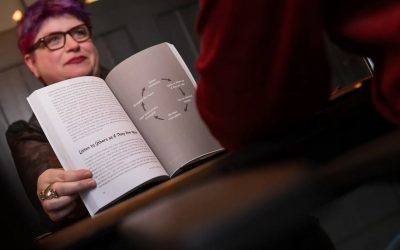
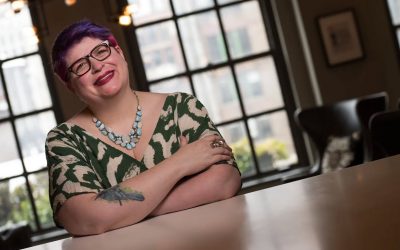
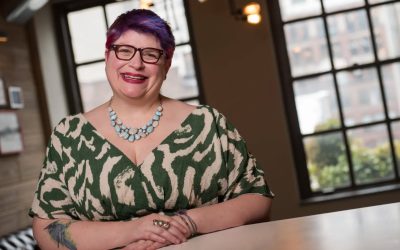

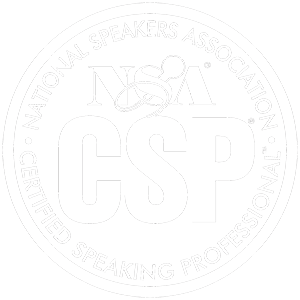

0 Comments